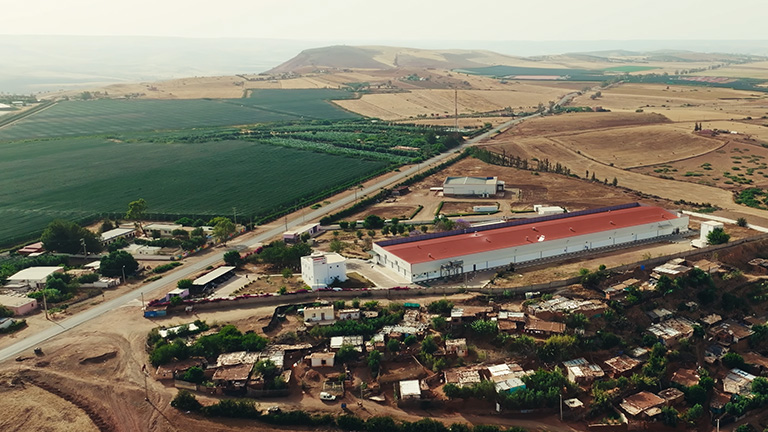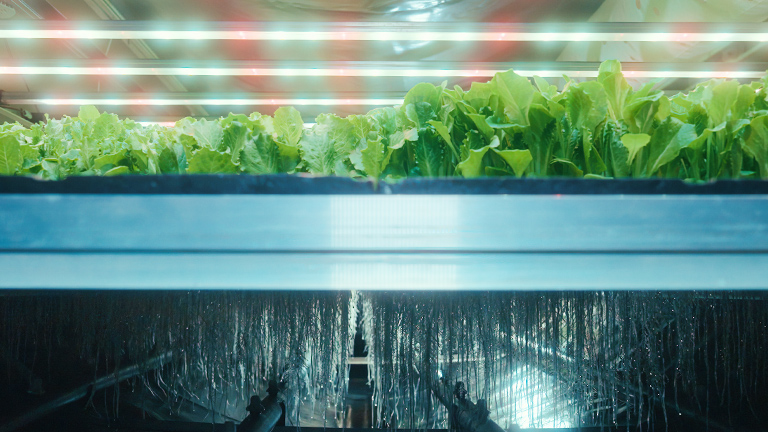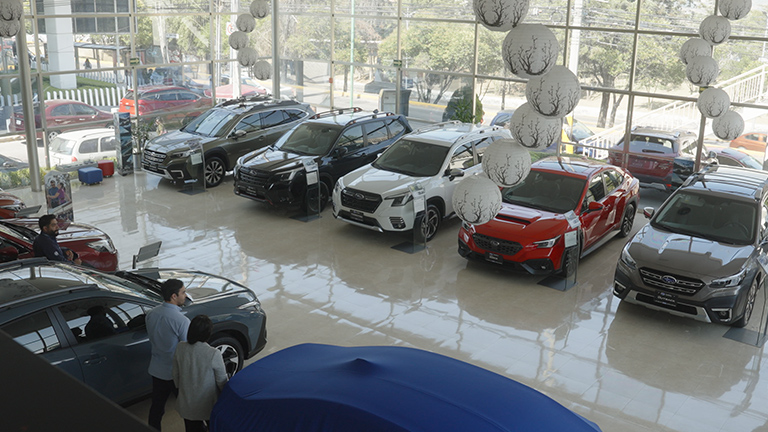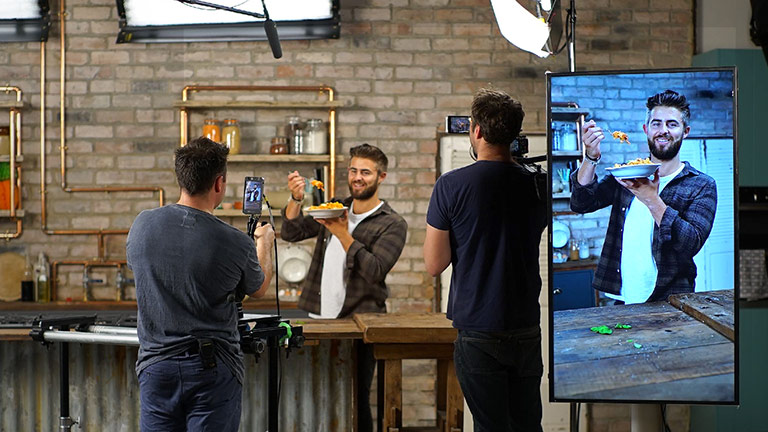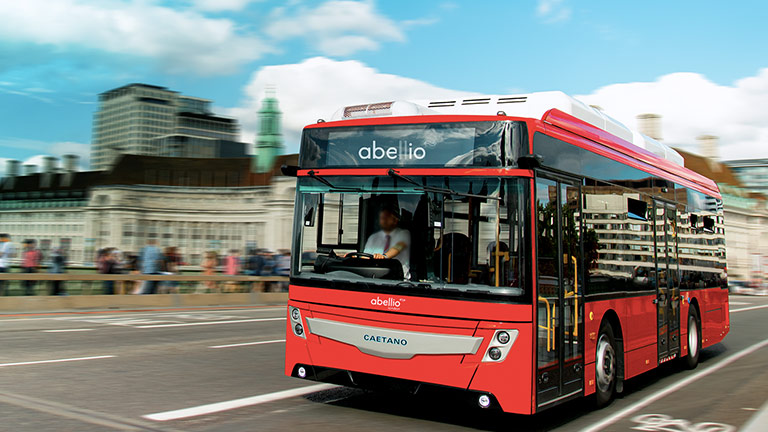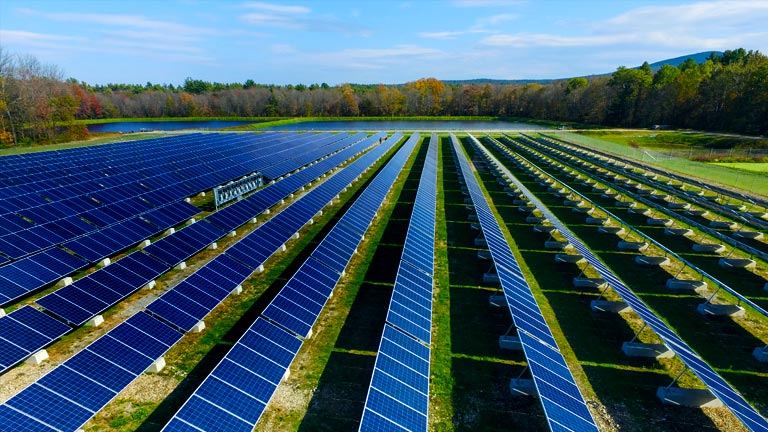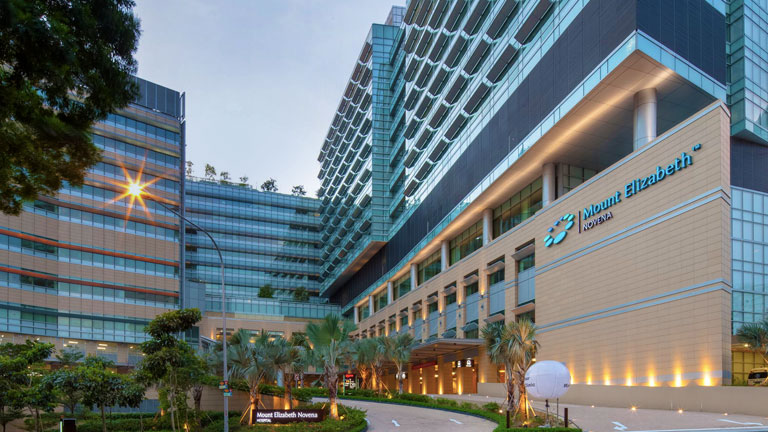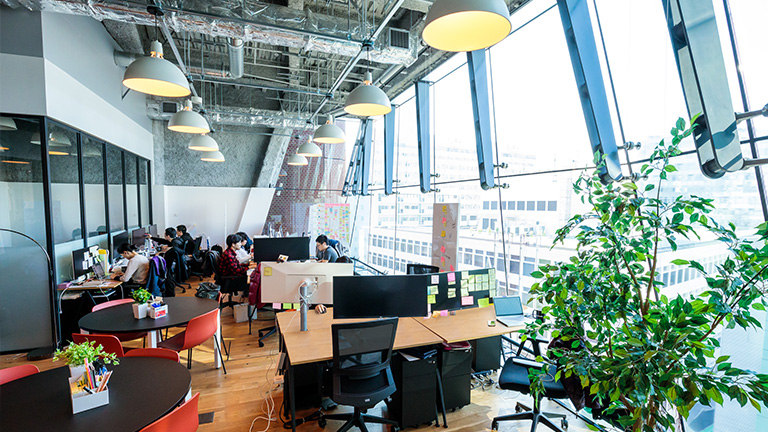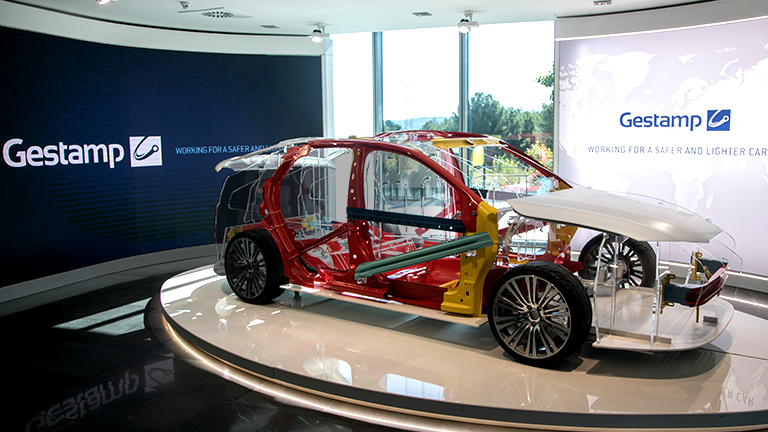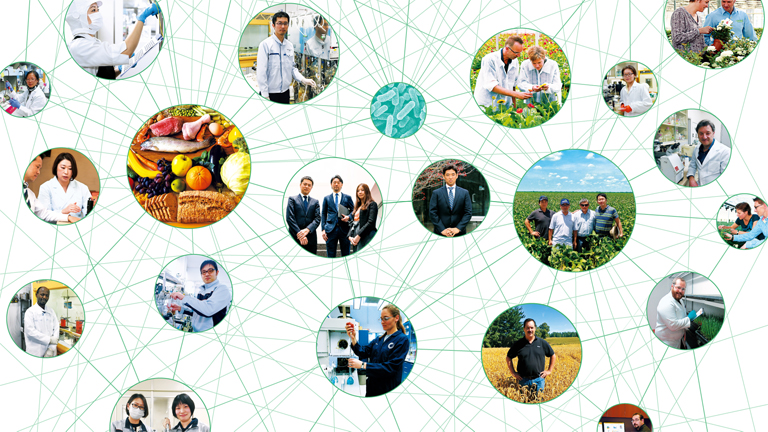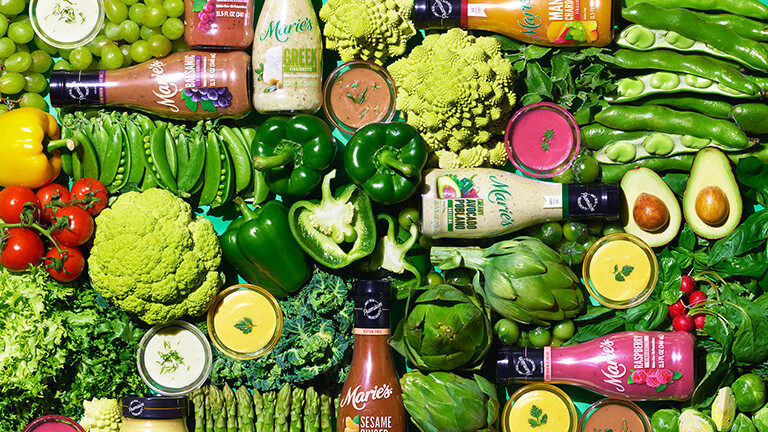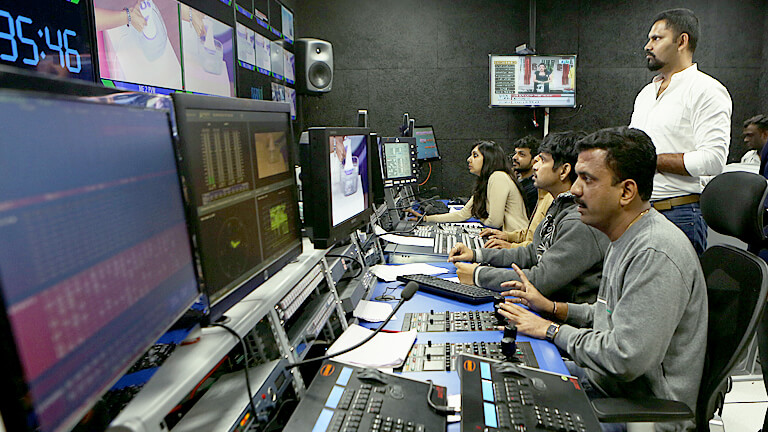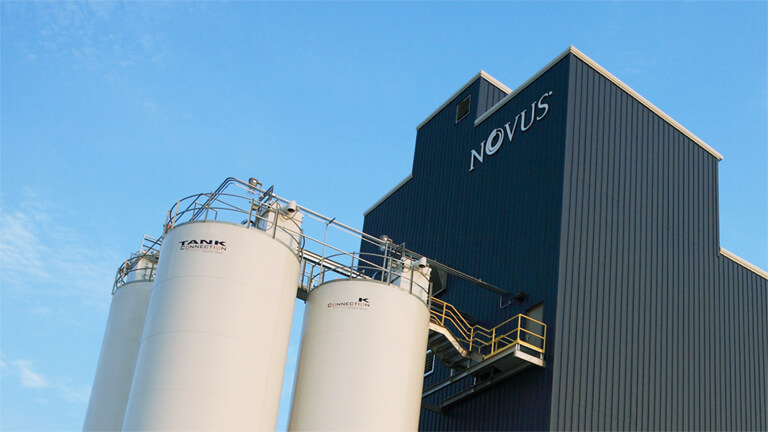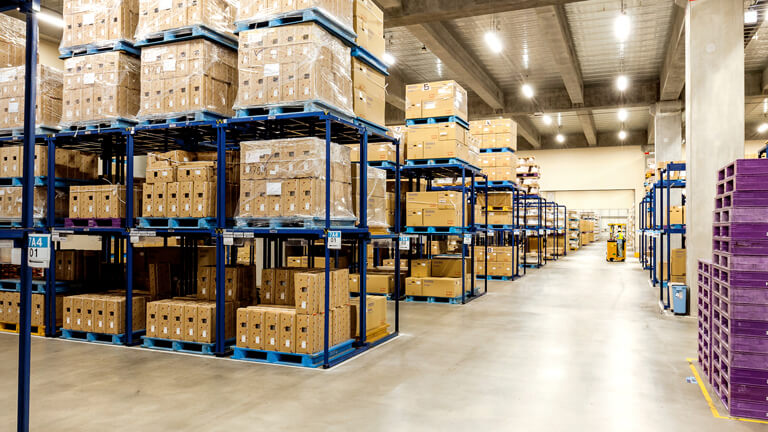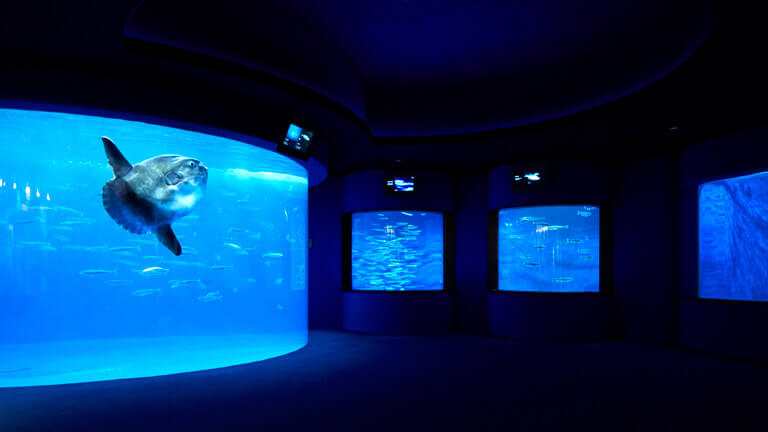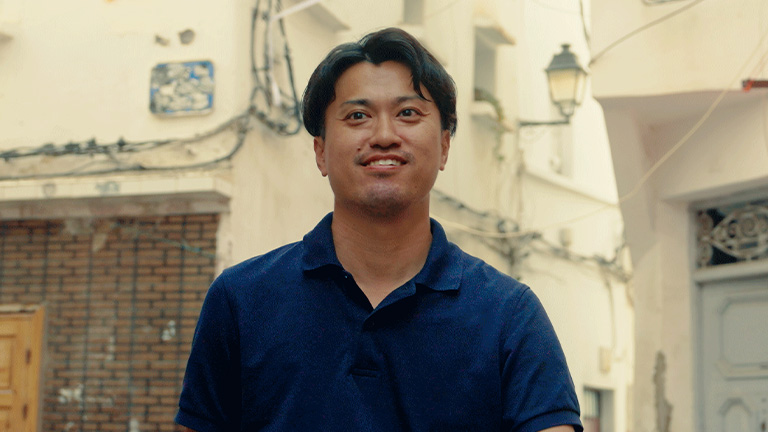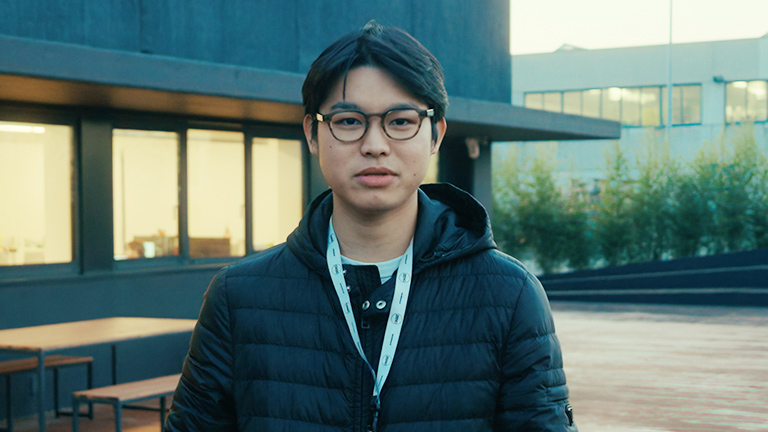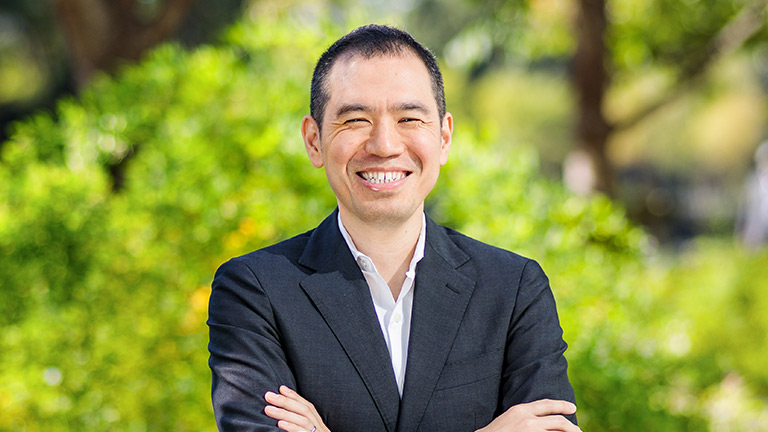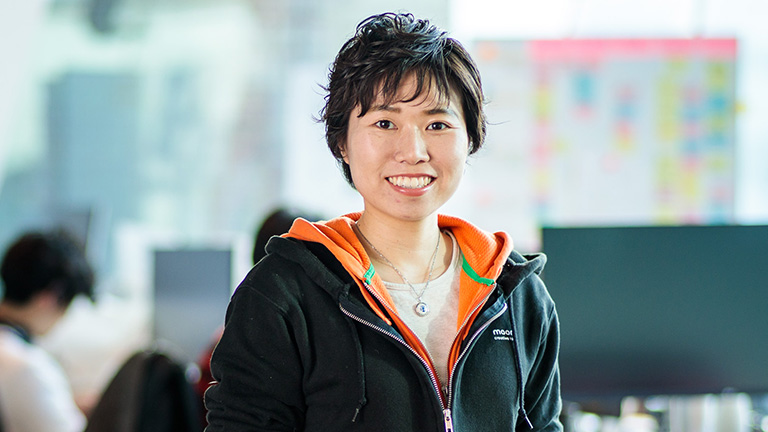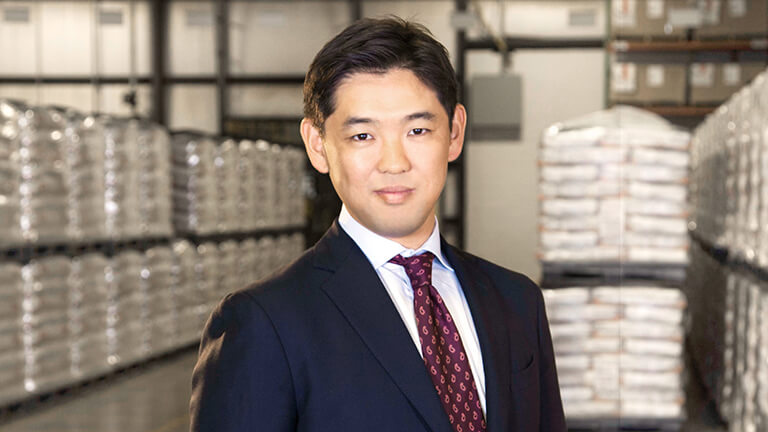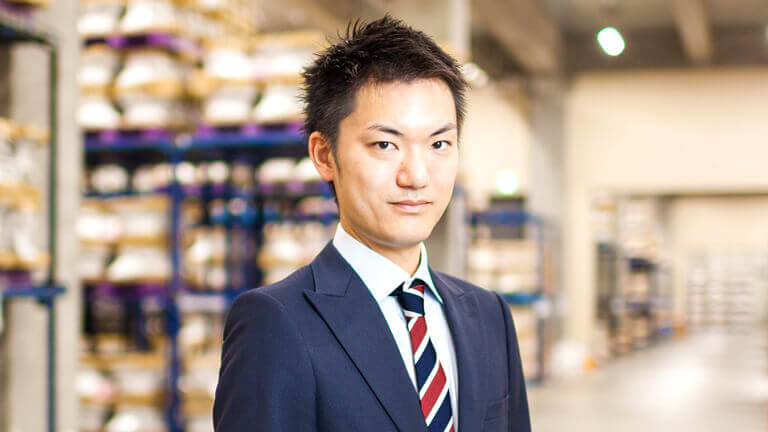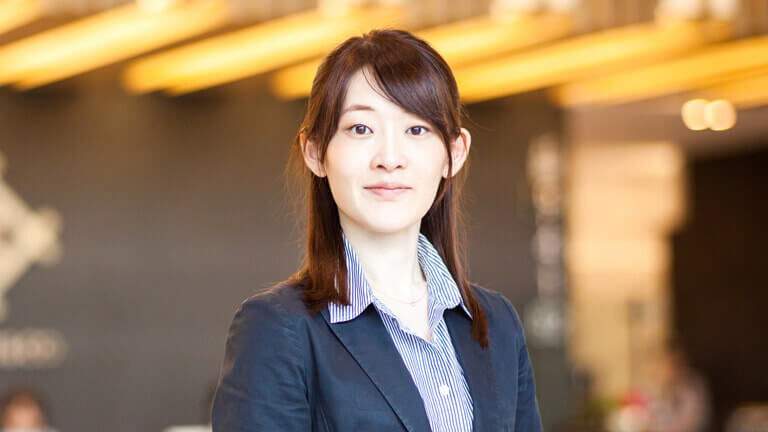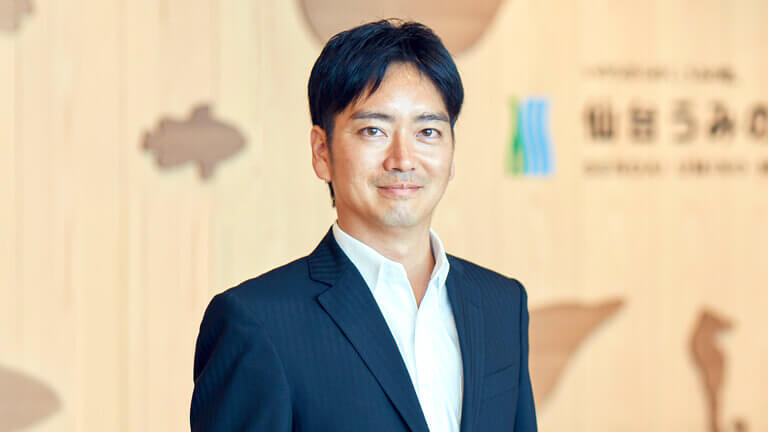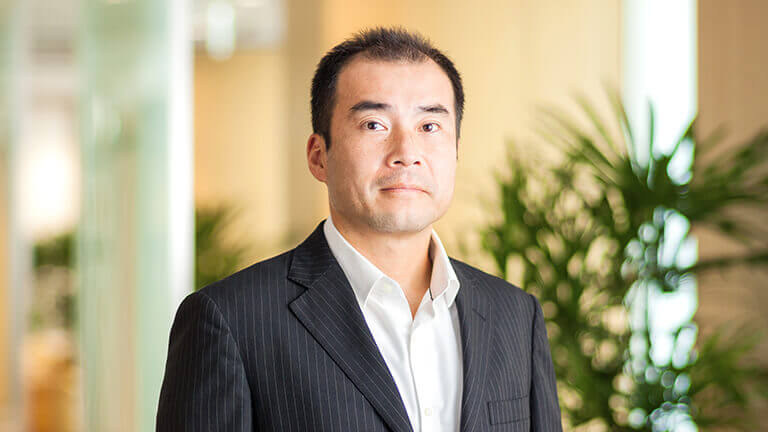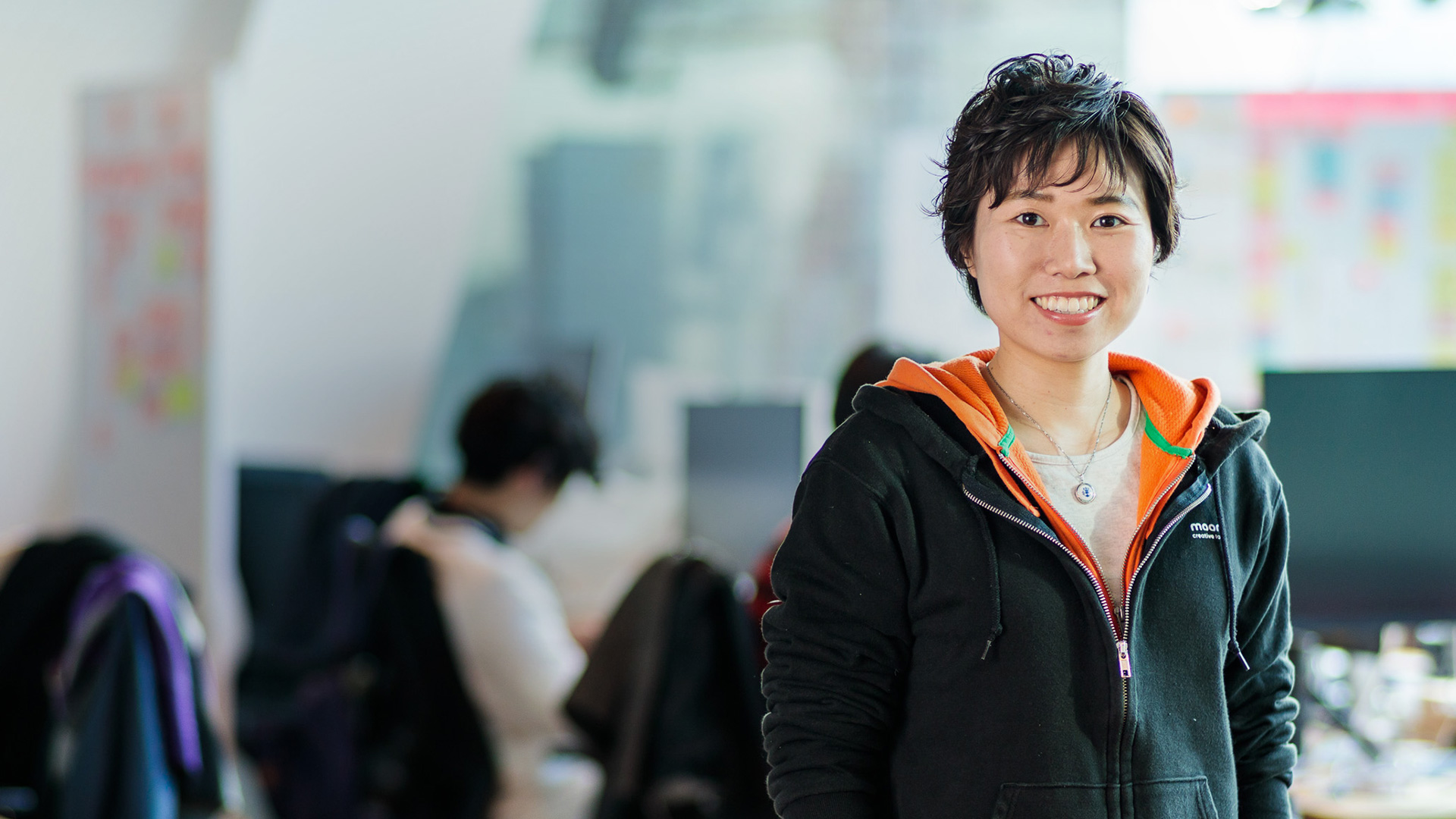
People
Anna Hiraoka
Moon Creative Lab
Entrepreneur in Residence
Anna Hiraoka is working at Mitsui & Co.’s new business incubator, Moon Creative Lab, to build an innovative new healthcare business from scratch.
Third year on the job—and already setting up a new business
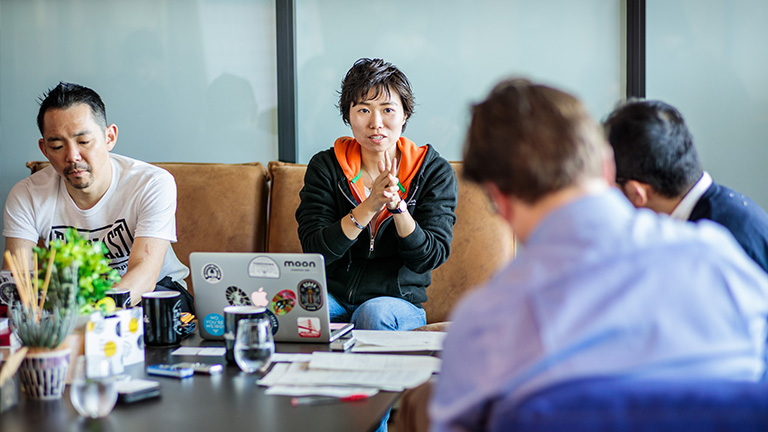
I work at Moon. Moon is an innovation laboratory that specializes in incubating and developing new businesses that lie outside the parameters of what a trading company like Mitsui usually does. As an entrepreneur in residence here, I am working to create a new healthcare-related business with the support of my colleagues at Moon. I have to shoulder plenty of responsibility, but I also get to do more too. I really am building a new business from nothing.
I joined Moon in my second year at Mitsui. I studied biology at university and then did a year of post-graduate research on cancer. I was approached by Moon to help develop a new business in the healthcare space. I’m really lucky to get the chance to build a business from scratch at my age. No one here mentions my age or lack of experience. The atmosphere is frank and open and people respect each other’s perspectives and decisions.
I suppose the biggest difference with working at the Mitsui head office is that I have a greater degree of agency. At HQ, I was working on big teams where, to some extent, I was dependent on the understanding and approval of my superiors to move forward. Here at Moon, people ask me what I want to do, so I need to make up my own mind about things. Also, here we really look to the user and value their needs. The culture is different. Obviously, there’s a difference in the scale of the projects we handle here, so I can’t state categorically which I prefer, but as an individual you certainly can have a real impact at Moon.
Moon Tokyo has its own operating team of ten or so people. They provide me with support every step of the way. Each of the members has their own so-called “super power.” For example, one is an expert on presentations and can help me articulate what I want to say, while another is an expert on problem-solving and can help me work out my budget projections. The super power of one member is just being empathetic. I can talk frankly to him about what’s on my mind or the obstacles I’m grappling with—something that really helps put me back into a positive frame of mind. Their support can have a big impact in a short time.
Diagnosis based on AI
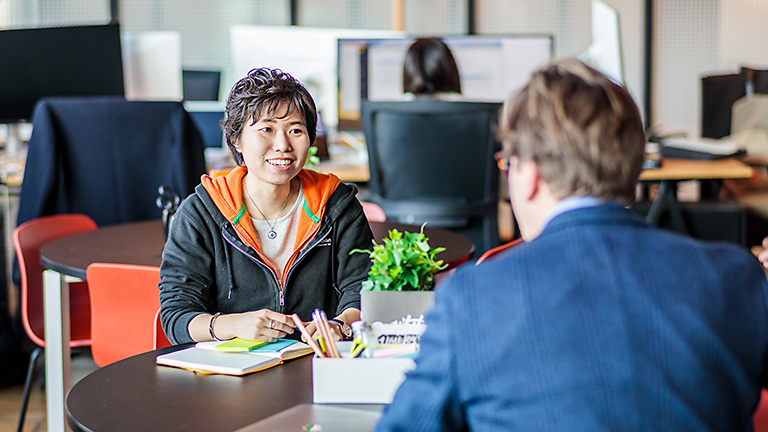
I’m working on developing the platform for a service that can diagnose diseases. We are going to launch the service in the United States and then roll it out worldwide later. A company in which Mitsui is an investor is running the technology side of things. Mitsui’s role is to devise a viable business scheme and open up markets for the global rollout. Meanwhile, here at Moon, our role is to design the best possible user experience for potential users.
When it comes to know-how in developing businesses “from zero to one,” Moon and Mitsui are relative newcomers. That’s why Moon teamed up with the world-leading design consultancy IDEO. I actually spent the last three months of 2018 working with IDEO to design the user experience for our diagnostic service. I went from coast to coast interviewing doctors and patients to collect real-world feedback. I used that feedback to brainstorm ideas, then developed prototypes which I tested with users to get feedback for further improvements.
IDEO’s approach is based on jettisoning preconceptions and really listening to people. It’s an approach that can lead you to discover users’ true needs. Things that looked foolproof on paper turn out to be unpopular in practice; users often surprise you in how they feel about things.
Some of the user interviews I did have really stayed with me. People are telling you their own harrowing, sometimes drawn-out experiences of loss. Hearing their stories gave me an acute sense of how important offering a trustworthy and empathetic service is to the user experience. I hope that with our new service we will be able to detect diseases earlier, treat patients faster and genuinely help people.
Working as a teacher in Southeast Asia
My university major was biology. I studied everything from pathology to botany, plus I did a year of research on a novel cancer treatment. After leaving academia, my first job was as a biology teacher in an international school in an emerging country in Southeast Asia.
Although it was my dream job, it didn’t turn out the way I’d hoped. The basic infrastructure in the city was very primitive and the school where I was working didn’t even have enough desks or chairs for the students. There was a single football for the entire school to play with and it was worn out.
I tried to do my best, but I overstretched and eventually my health broke down. I ended up in hospital and finally returned to Japan. Back in Tokyo, I got the chance to teach in an international school. Psychologically, the warmth, optimism and energy of the kids had a healing effect and really helped me get back on my feet. That’s when I decided to look for a different kind of career in Japan.
I had three criteria when I started looking for a job. I wanted to be able to put my knowledge of biology to use in healthcare. I wanted to do something connected to education—ideally creating spaces where students can gain creative confidence and learn to dream. Last of all, having experienced what life is like without basic services like decent roads, electricity or water, I wanted to contribute to building infrastructure in the developing world.
The chances of finding a job where I could achieve all three things at the same time were low. Then a friend of mine told me about Mitsui. From the website, I could see that the company was involved in healthcare, as well as education and infrastructure. I figured that working for Mitsui would give me the opportunity to all three things over the course of a career.
Hoping to drive change
What do I hope to achieve at Mitsui? Three things, I suppose. First, I want to make a success of the project that I’m currently developing and help people live happier lives. Second, I hope that if I can succeed as a young female entrepreneur, my example will help unlock the creativity of other young people—especially young women—at Mitsui. Thirdly, one day I’d like to start a new business of my own at Moon in education and healthcare fields.
I’m only in my third year at Mitsui and I’m already an entrepreneur in residence at Moon. I feel I must make the most of the opportunity that’s been handed to me. I can certainly do that if I take advantage of the different backgrounds of all the people working at Mitsui and the networks they have. I believe that Mitsui hired me to drive change. If someone as young as me can build a new business, that would be unprecedented and could serve to trigger change.
Posted in April 2019

